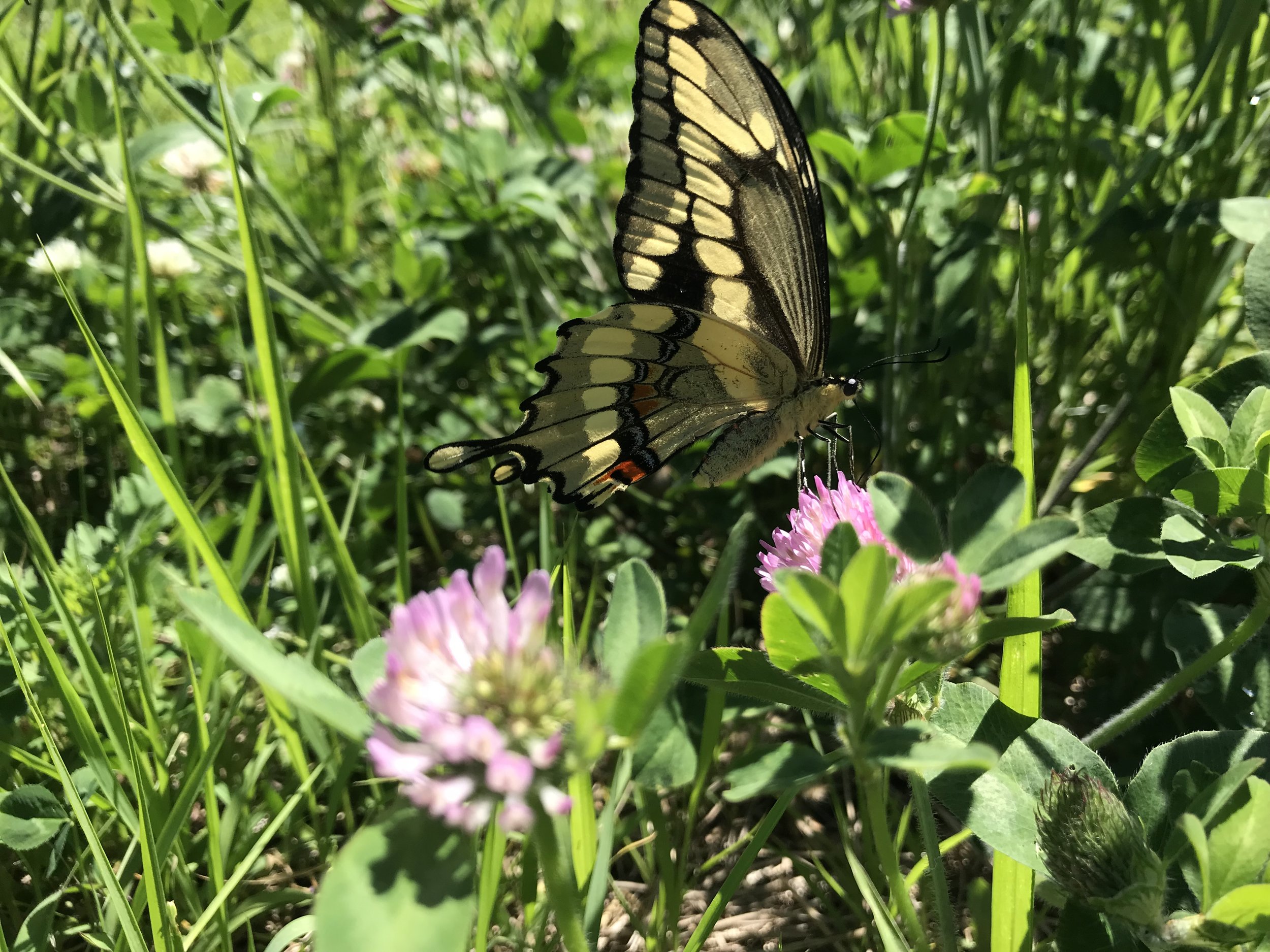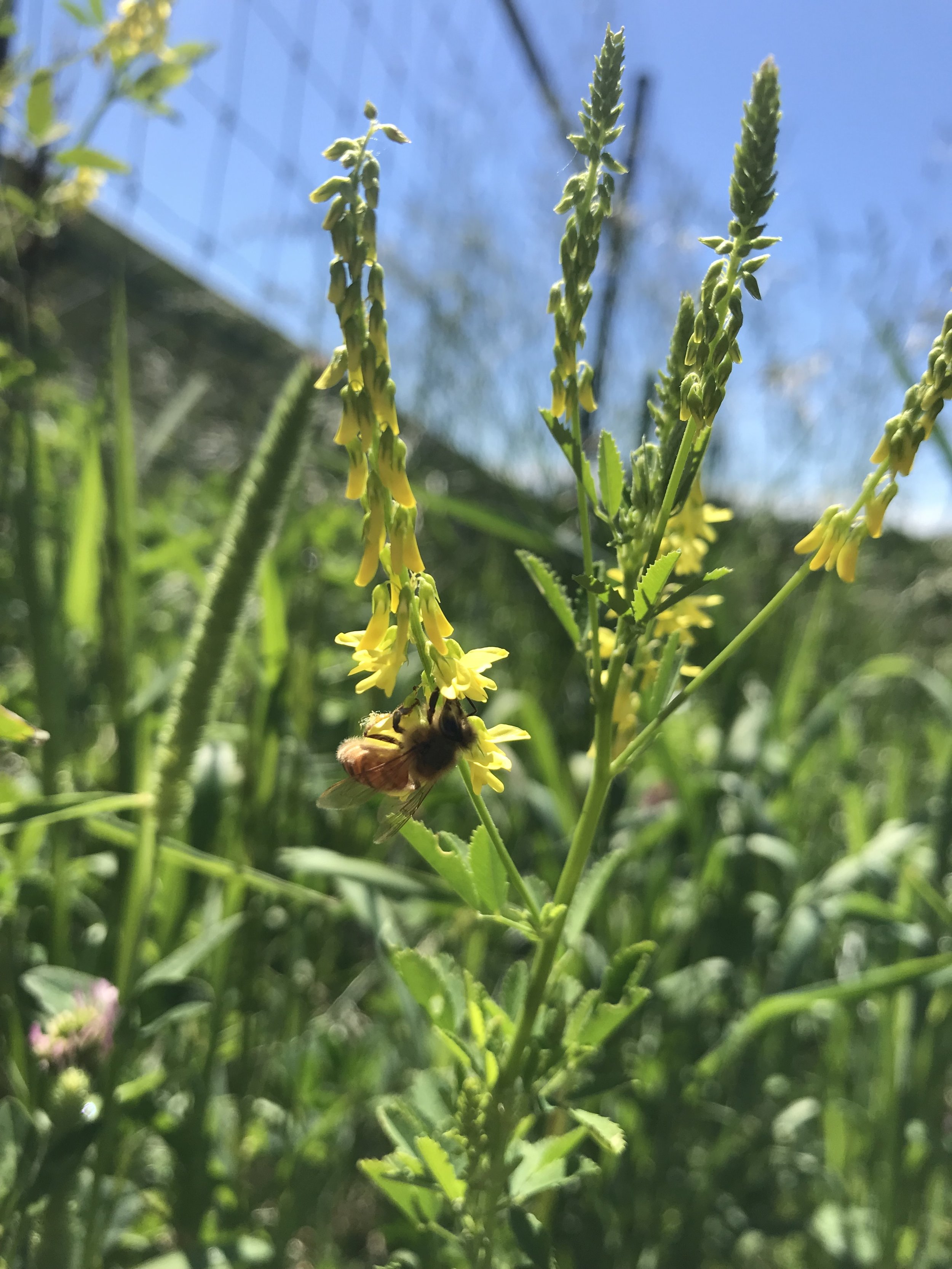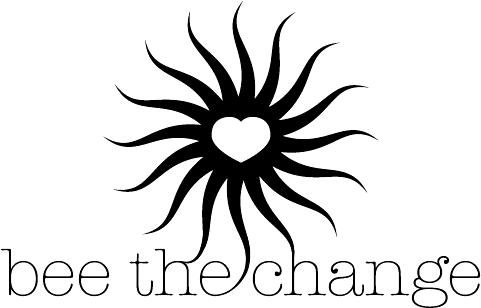Kicking Off National Pollinator Week!



Happy National Pollinator Week!
June 18th through 24th is the eleventh National Pollinator Week, and we’re delighted to take a little extra time in the upcoming days to celebrate the 200,000 different species of pollinators working hard around the globe.
Make some time this week to: educate yourself or others about the threats that pollinators face, be more thoughtful about the products that you consume, or invest your own time or money in building a world that is friendlier to our pollinators.
Starting the Week with a Focus on Food:
At bee the change, we strive to examine and re-imagine the relationships between food production/consumption and sustainable practices. Today, this week, and all year long, we hope that we can encourage you do to the same.
Pollinator Week Giveaway:
We’re thrilled to be kicking off National Pollinator Week with a giveaway! We’ve partnered with two companies that we admire -- Bee’s Wrap and Gardener’s Supply -- and put together a collection of products that exemplify a commitment to sustainable design.
Enter for a chance to win: an orchard mason bee house and pollinator push gardens (from Gardener’s Supply), three packs of Bee’s Wrap produced just down the road in Bristol, Vermont, and some of our own bee the change smoked honey. We love how Gardener’s Supply is encouraging consumers to support a variety of pollinators by creating habitat and shelter, and how Bee’s Wrap strives to employ sustainable practices in the production of their plastic-wrap-alternative. Investing in pollinator habitat or sustainable alternatives to plastic packaging for food are simple but meaningful ways of building a more sustainable food system.
Follow the link or click the image to enter the giveaway!
(Giveaway open to residents of the U.S. only. Enter by 11:59 p.m. EST on June 24. Winner will be announced on June 25.)
Pollinators and Food Systems:
Pollinators are inextricably linked to our global food system; one out of every three mouthfuls of food or beverage that we consume is brought to us by pollinators. Furthermore, 75% of the crop plants grown for human consumption require pollination by animals. From mangoes to mustard, coconuts to coffee, garlic to grapefruit, a vast number of the foods that we eat depend on pollinators.
Furthermore, many of our modern agricultural systems and methods weaken pollinator populations. Monocropping, the practice of cultivating only one crop in an area, provides an example of this. Pollinators require a habitat with a diverse array of plants with different bloom times, so that forage is available throughout the season. Thus, monocropped fields provide an extremely unwelcoming habitat for bees, butterflies, hummingbirds, and other pollinators.
We decided to kick off National Pollinator Week with a focus on a sustainable food system because of this powerful connection between pollinators and the foods that sustain human life. In other words, take an extra moment this week to appreciate and celebrate the pollinators that put the food on your plate!
Learn More: Sources

